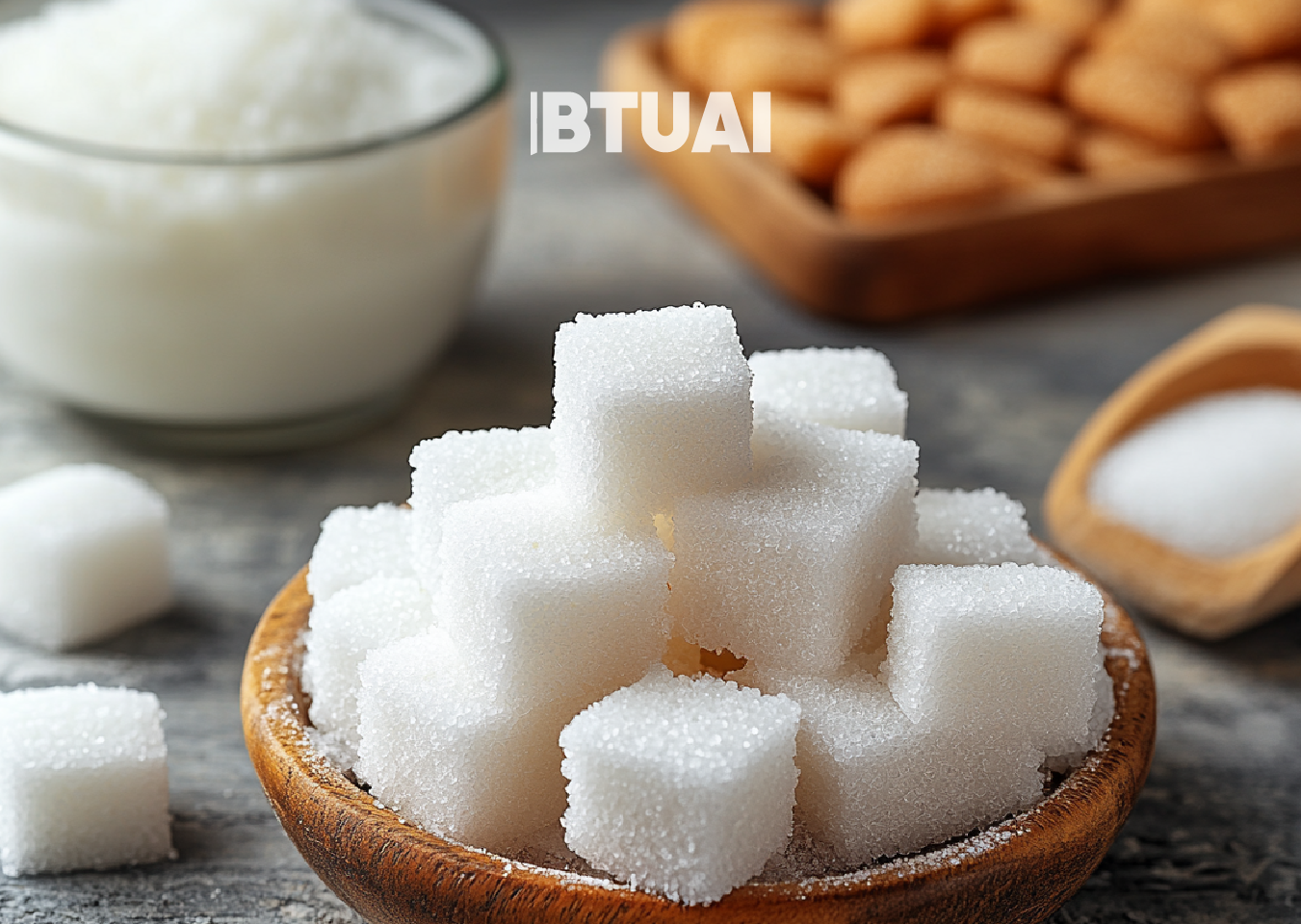Why Is Sugar Getting More Expensive Globally – and What Does It Mean for Developing Countries?
Global commodity markets often push seemingly ordinary goods into the spotlight of geopolitical and climate-driven shifts. In the second

Global commodity markets often push seemingly ordinary goods into the spotlight of geopolitical and climate-driven shifts. In the second half of 2024, sugar joined that list. Its global price surged by nearly 45% compared to late 2023, and the upward trend has continued into early 2025. The main drivers behind this rise are India’s export restrictions and declining harvests in Brazil.
India, the world’s second-largest sugar producer and frequently the top exporter, has recently imposed strict limits on sugar exports to stabilize domestic prices. Heavy monsoon rains in western states have damaged crops in key regions. Meanwhile, Brazil – the largest producer globally – has faced droughts and unstable weather conditions in its main sugarcane zones, cutting into output and global supply.
The price shock is especially painful for developing countries that rely heavily on imports. In Georgia, where domestic sugar production is minimal and demand is almost entirely met through imports, prices have climbed noticeably. According to Geostat, sugar prices in Georgia rose by 5.8% year-over-year in March 2025, reflecting both international pressures and local inflationary spillovers.
Another factor influencing global supply is the growing demand for bioethanol. When oil prices increase, Brazilian producers often divert sugarcane from food markets to energy production. This reduces the volume available for export, tightening the global market further.
While wealthier nations can lean on strategic reserves or subsidies, countries with high food expenditure shares and limited fiscal buffers face more direct consequences. Rising sugar prices in such settings affect daily diets and push up broader food inflation.
Looking ahead, unless climate conditions improve and India loosens its export controls, a price correction seems unlikely. Much depends on Brazil’s upcoming harvest this summer. For countries like Georgia, the pressure is growing to seek alternative suppliers or strengthen commodity reserve strategies to cushion future shocks.




